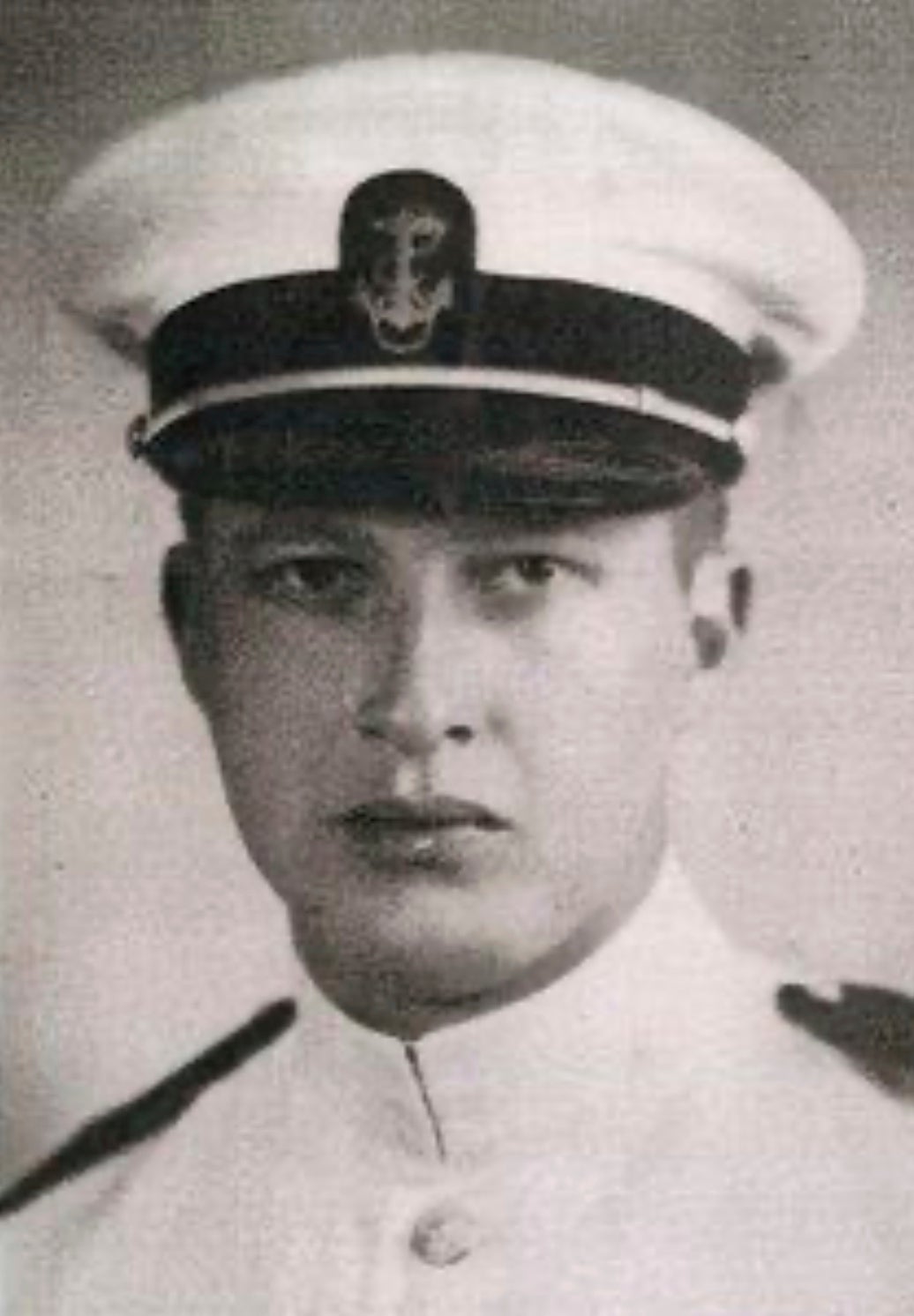Pearl Harbor sailor laid to rest in home state of Maine more than 80 years later
A naval aviator killed during the Japanese surprise attack on Pearl Harbor has been laid to rest more than 80 years later in his home state of Maine

Your support helps us to tell the story
From reproductive rights to climate change to Big Tech, The Independent is on the ground when the story is developing. Whether it's investigating the financials of Elon Musk's pro-Trump PAC or producing our latest documentary, 'The A Word', which shines a light on the American women fighting for reproductive rights, we know how important it is to parse out the facts from the messaging.
At such a critical moment in US history, we need reporters on the ground. Your donation allows us to keep sending journalists to speak to both sides of the story.
The Independent is trusted by Americans across the entire political spectrum. And unlike many other quality news outlets, we choose not to lock Americans out of our reporting and analysis with paywalls. We believe quality journalism should be available to everyone, paid for by those who can afford it.
Your support makes all the difference.A naval aviator killed during the Japanese surprise attack on Pearl Harbor was laid to rest more than 80 years later in his home state on Tuesday.
Ensign Stanley W. Allen received a funeral with full military honors at Veterans Memorial Cemetery in Augusta, with several family members in attendence.
He was 25 when he died, and his remains were previously buried with unknowns at the National Memorial Cemetery of the Pacific.
Ensign Allen, who was trained to fly a spotter float plane from the USS Oklahoma, was among 429 sailors who died on the battleship, which rolled over with many trapped inside on Dec. 7, 1941.
Allen was among 388 service members whose remains went unidentified before a 2015 program in which bodies were disinterred for DNA analysis. Since then, more than 350 have been identified.
The Bowdoin College graduate enlisted in the U.S. Naval Reserves in 1940 in Boston before training at Naval Air Station Pensacola and getting assigned to Observation Squadron One.
During the attack, the Oklahoma was one of the first ships hit, and many crew members were sleeping below deck with little chance of escape. The ship sank after being struck by several torpedoes.